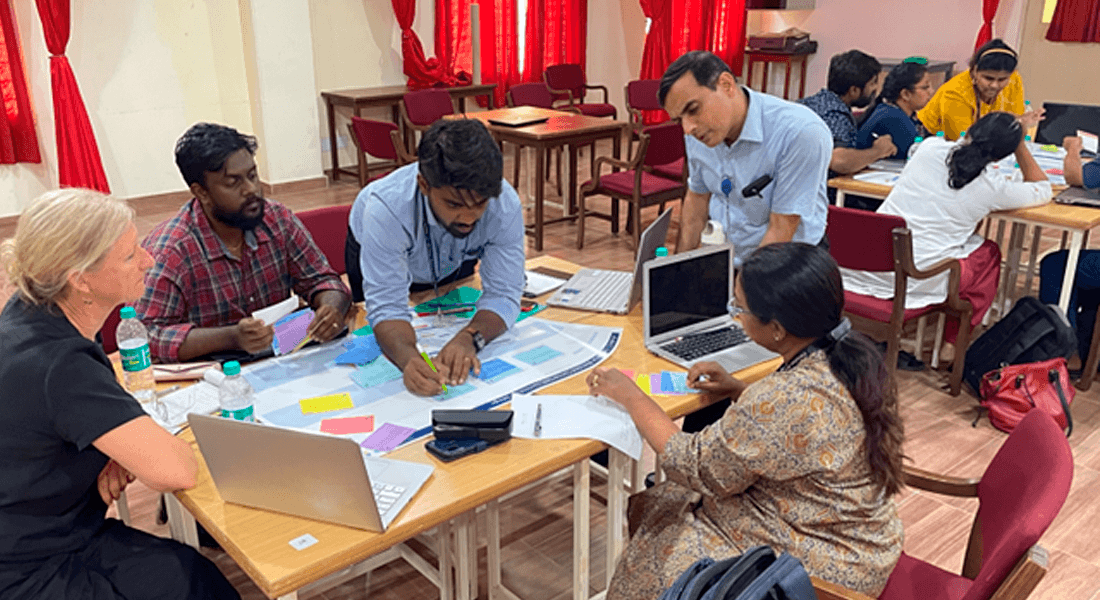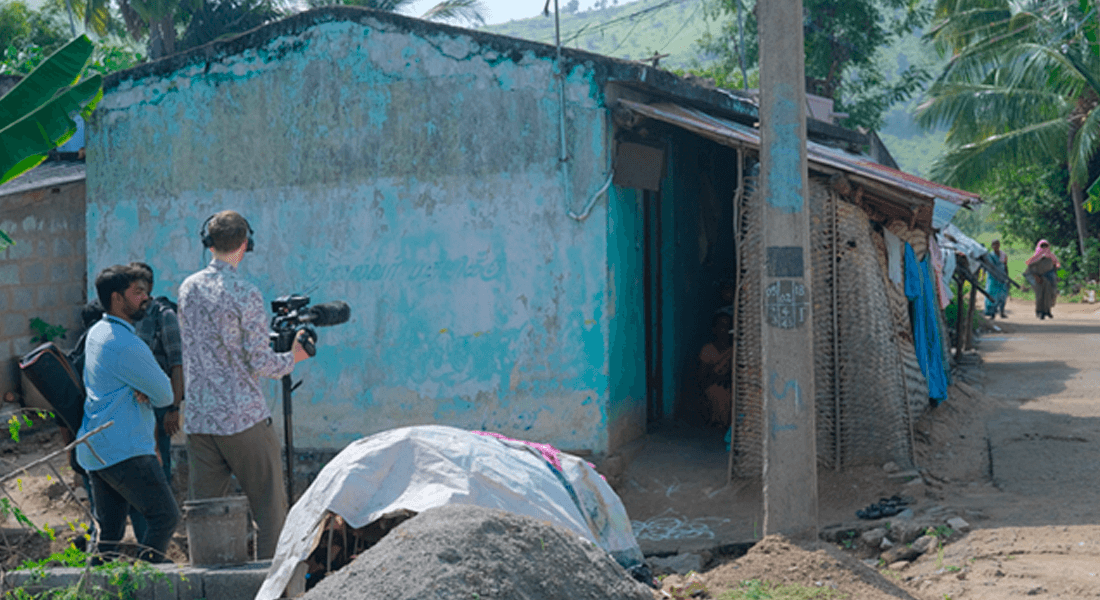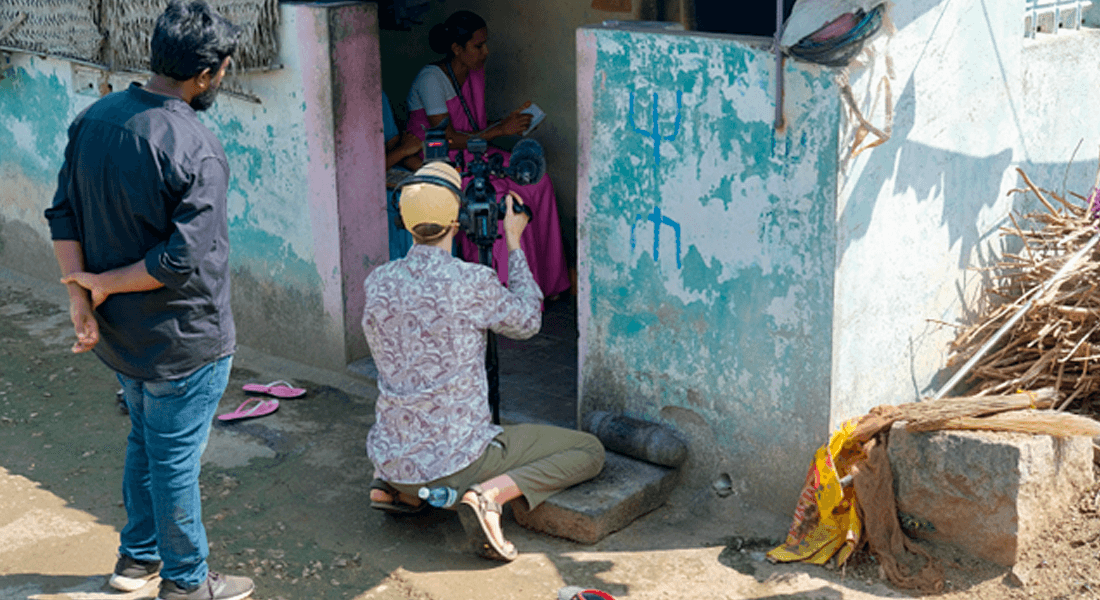Tackling cardiometabolic diseases – insights from India
The number of people living with cardiometabolic diseases is increasing rapidly in low- and middle-income countries. A new online course, created in collaboration between the University of Copenhagen and the Christian Medical College Vellore in India, explores how to tackle the alarming situation.

People in India and other low- and middle-income countries are, on average, both younger and leaner when they develop chronic conditions like diabetes, hypertension, and dyslipidemia when compared to the more studied populations in high-income countries.
What are the factors driving this development? What can be done to strengthen awareness and prevention? And how can healthcare staff best support lifelong treatment of these complex, chronic diseases in populations with limited resources? These are some of the central questions addressed in a new online course, produced by the Centre for Online and Blended Learning (COBL) in close collaboration with the Christian Medical College (CMC) Vellore in South India, and the Global Health Section at the University of Copenhagen (UCPH).
Watch a brief trailer for the course
Two years in the making
The production of the course was kicked off with a learning design workshop in June 2023, facilitated by Learning Designer Anne Kirkegaard from COBL. The CMC project team included selected doctors and nurses with experience and expertise within cardiometabolic healthcare, as well as learning designers and media producers from CMC’s Distance Education Department. One of the ideas behind the joint course production is that the involved PEP-partners learn from each other and strengthen their ability to produce quality online education material about cardiometabolic diseases.

Most of the recording for the course was done in November 2023, when the COBL production team stayed in Vellore for two intense weeks. Anne Kirkegaard, who was in charge of the course production, shares, “We wanted to show how nurses and doctors from CMC Vellore reach out to underserved populations and collaborate with community health workers to treat the increasing number of people with cardiometabolic diseases. Nurses and local health aides play key roles in improving awareness, prevention, and chronic care, so we hope that the course will illustrate just how important they are and how collaboration across hierarchies in the healthcare system can work for the benefit of patients and relatives.”


Recording a nurse and a health aide from CMC Vellore visiting a woman living with cardiometabolic disease in the village.
To capture the many challenges and opportunities related to cardiometabolic healthcare, the production team interviewed both patients, relatives, health aides (community health workers), nurses, and junior and senior doctors. Through the interviews, it became clear that the cardiometabolic crisis in India is fuelled by other factors than we see in Denmark and other high-income countries.
Anne Kirkegaard continues, “It was quite shocking to see that many of the cardiometabolic patients we met in Vellore are a lot younger and leaner than patients with the same conditions in Europe – and that both patients and healthcare personnel are struggling to understand why they have developed these conditions. In the course, we explore how factors like genetics, the extreme and rapid transformation of living conditions, cultural and practical barriers to physical activity, as well as the general understanding of health and disease, affect the situation in India – and not least what healthcare personnel can do to improve prevention and lifelong treatment of cardiometabolic diseases in India and similar settings.”
All in all, the production teams from Copenhagen and Vellore recorded almost 7 hours of interviews – with 2,5 hours in Tamil – and 15 hours of footage with CMC staff and patients. Anne Kirkegaard reveals,“It was a big puzzle to edit all this material into a course with clear narratives and key points – and then curate scientific literature for relevant perspectives and select the most relevant clinical guidelines. At some points it seemed quite overwhelming with all this material, but we are really happy with the result. And the initial reactions to the course are very positive!”
The course is produced as part of the Partnership for Education of Health Professionals (PEP), which is funded by the Novo Nordisk Foundation. It has been created with complete editorial independence from the funder.
The course is available on Coursera.
